Lights-Out Manufacturing for Sustainable Productions
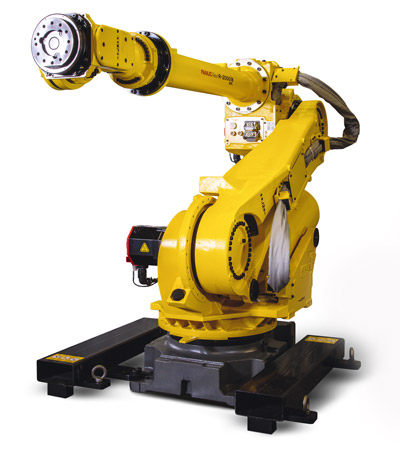
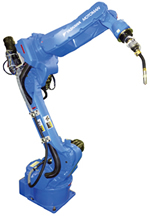
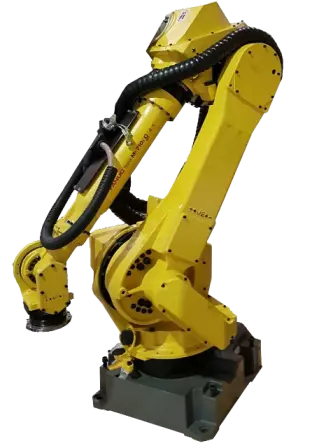
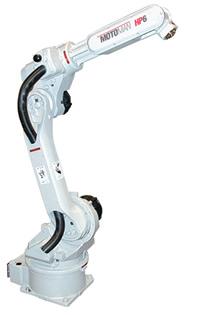
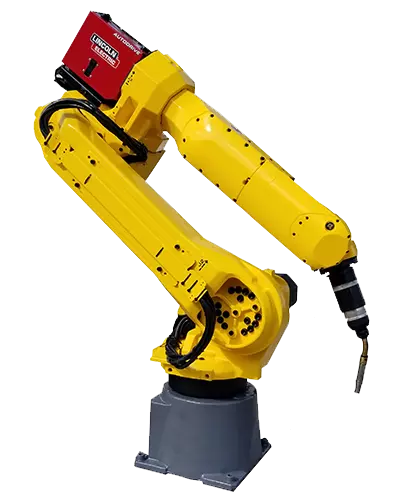
In recent years many people have been looking for ways to protect the environment including those involved with industrial manufacturing. Companies are implementing steps to reduce their environmental footprint in order to conserve and improve our climate. Many manufacturers have been working towards more sustainable productions for healthier environmental impacts through lights-out manufacturing.
Lights-out manufacturing is still a relatively new concept, but it is believed to be the future of mass productions. It involves fully automating factories to eliminate human interactions with manufacturing. Lights-out manufacturing can be achieved through the use of industrial robots, CNC machines, or a combination of both. Instead of seeing assembly lines of workers, a lights-out facility may feature assembly lines of FANUC R-2000ib or ABB 6640.
Lights-out manufacturing has many benefits such as reduced costs, increased productivity, and better product quality. For those looking to reduce their environmental impact, moving to a fully automated operation creates a sustainable manufacturing process. The main purpose of sustainable manufacturing is to minimize the negative environmental impacts of manufacturing while producing goods in a cost-effective manner. Lights-out manufacturing through the use of industrial robots can accomplish this.
Many mistakenly assume industrial robots have a negative effect on the environment. While this may be true for other types of manufacturing equipment, it is not true for articulated robots. Many believe that because robots are automated, they must use a lot of energy. In reality industrial robots use much less energy than humans. Newer robots are designed with many energy efficient features. The FANUC Arcmate 120ic is a newer six axis robot that can help conserve energy as opposed to traditional manufacturing machines. It’s not just manufacturing machines that can consume high amounts of energy, but also the use of utilities such as lights and heating or cooling systems. Automating an entire factory with robots significantly reduces the use of such utilities. Robots can operate in the dark in non-climate-controlled environments. Lights-out manufacturing significantly reduces the amount of electricity consumed by a factory for a more sustainable operation.
Since the goal of sustainable manufacturing is to reduce the negative environmental impact, eliminating pollution is key. Human error is one of the biggest contributing factors to material waste and scrap. Industrial robots are extremely accurate and are programmed to follow specific instructions, preventing errors that ultimately cause wasted materials. Solely using robots for manufacturing will conserve materials as errors and rework are eliminated. Scrapped materials will become an issue of the past. Running an entire factory with robots also reduces carbon emissions. Robots are carbon-free and can replace other carbon emitting machines. A lights-out factory with industrial robots can help companies neutralize their emissions.
Moving to a lights-out manufacturing approach will streamline operations, preventing the waste of heavy manufacturing equipment. Robots are multipurpose with the ability to automate several types of applications. The FANUC m-20ia can automate an entire sequence of steps in a manufacturing process. One robot can handle the workload of several workers, further reducing the amount of equipment needed to automate an entire factory. Streamlining operations creates an efficient process that keeps energy and material consumption to only what is necessary.